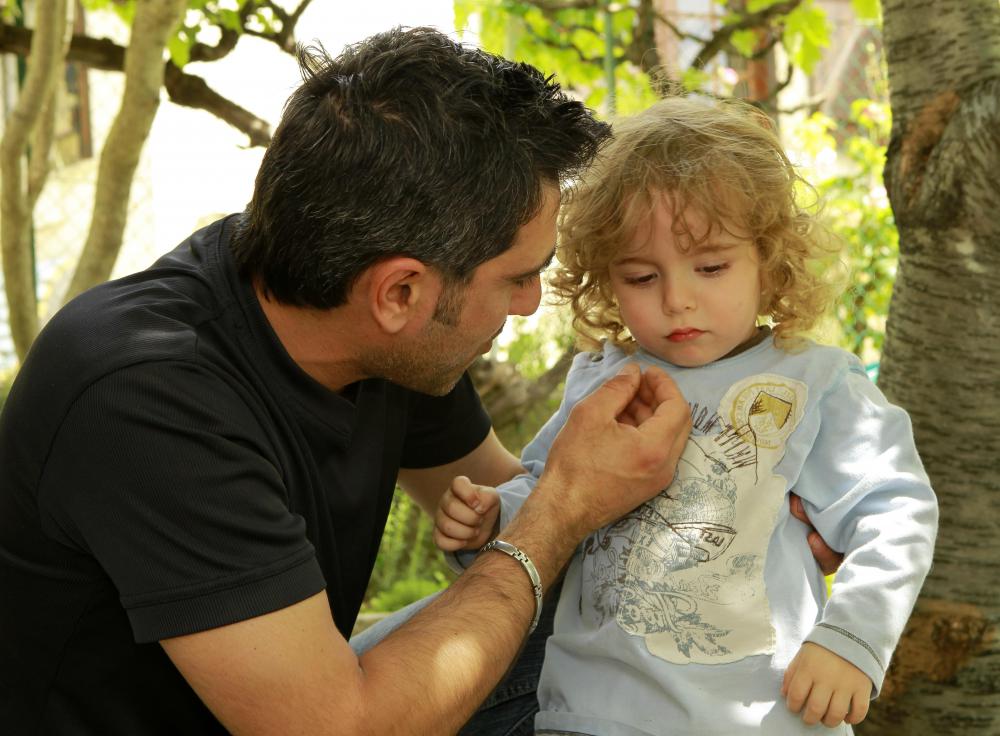At WiseGEEK, we're committed to delivering accurate, trustworthy information. Our expert-authored content is rigorously fact-checked and sourced from credible authorities. Discover how we uphold the highest standards in providing you with reliable knowledge.
What are the Different Types of Disruptive Behavior Disorder?
There are three main types of childhood disruptive behavior disorder. Attention deficit hyperactivity disorder (ADHD) is a disorder characterized by inattentive, hyperactive, and impulsive behaviors. Oppositional defiant disorder is a childhood disorder where a child is excessively disobedient and hostile. Conduct disorder is a more severe form of oppositional defiant disorder where disobedient behavior leads to bullying and even criminal acts.
There is no single known cause of disruptive behavior disorder. Genetics do play a role in ADHD, and fetal exposure to alcohol is a contributing factor. Oppositional defiant disorder and conduct disorder are often seen in children who have been neglected or abused.

To diagnose a disruptive behavior disorder, a psychiatrist must look at a child’s behavior across several different situations. A psychiatrist will typically consult with the parents, as well as teachers and other caregivers, to get a complete picture. If a child is only acting out in one situation, the disruptive behavior may have a cause related to that particular situation.

A disruptive behavior disorder can be difficult to diagnose because many of the symptoms are things children do naturally. For example, one of the symptoms of ADHD is impulsive behavior, actions like blurting out an answer in class or interrupting. In a disorder like ADHD, however, the actions are far more severe than among the child’s peers, and they interfere with his or her daily life.

In all types of disruptive behavior disorders, parental interventions are a large part of treatment. If the child is in a neglectful or abusive environment, he or she must be moved right away to a stable home. In the case of ADHD, parents can help by setting up schedules and helping the child organize home chores and schoolwork. For oppositional defiant disorder or conduct disorder, parents can learn skills to manage difficult children. Consistent and reasonable discipline can be difficult to enforce, but it is a key part of treating a disruptive behavior disorder.

Therapy is another useful treatment for a disruptive behavior disorder. Therapy can help parents learn to manage difficult behaviors and build better parent-child relationships. For children who have suffered abuse or neglect, therapy can be a way to overcome past traumas and learn to form new relationships. Therapy can also teach children problem-solving and social skills.

Often, two or three disruptive behavior disorders will coexist, making it more difficult to diagnose and treat a child. Conduct disorder can co-occur with depression or bipolar disorder, and children with unmanaged ADHD may also develop depression. Medications can be an effective treatment for depression and ADHD, however, they are not effective in treating other behavior disorders.
AS FEATURED ON:
AS FEATURED ON:
















Discuss this Article
Post your comments